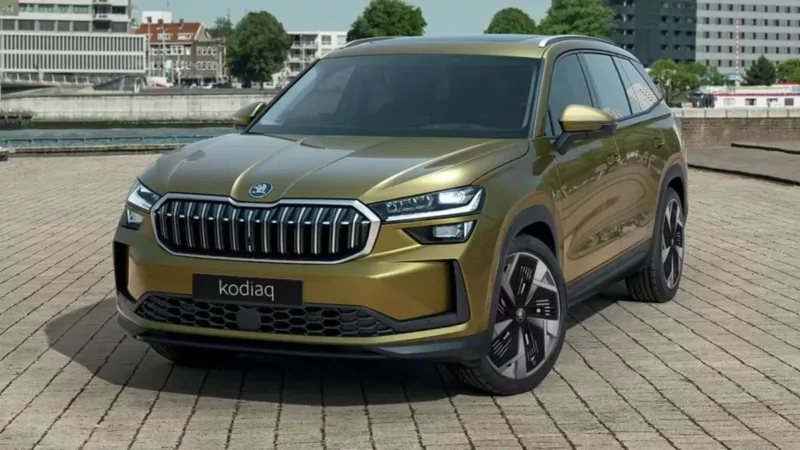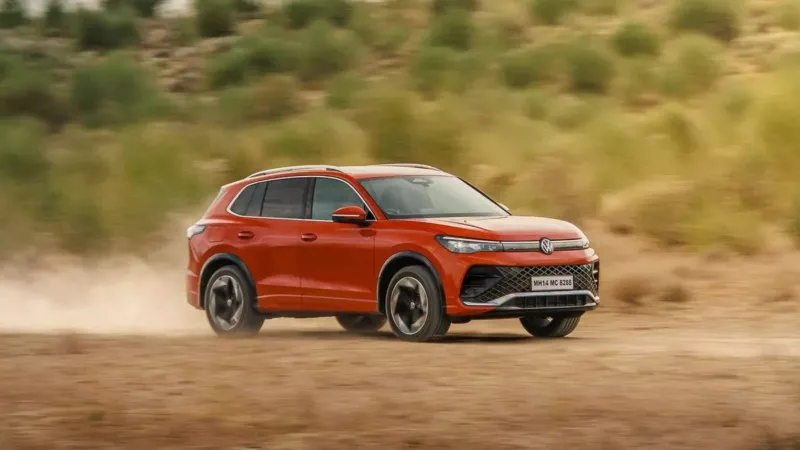Are alloy wheels stronger than steel wheels? Why are alloy wheels so costly? And which one is the truly better option for your car?
The wheels on our cars are offered with either steel wheels or alloy wheels. While the type of wheels fixed to a car greatly influences its looks, not many people know they play a significant part in the car’s performance as well. We explore what exactly alloy and steel wheels are, their relative merits, and which one is more suitable for your needs.
Certified Used Cars on Spinny
What are Alloy Wheels?
Simply put, an alloy is a substance made by combining two or more elements, at least one out of which is a metal. This mixture of elements typically has better strength and corrosion resistance. These in-fashion alloy wheels in cars are mostly made of a mix of aluminium and magnesium, to achieve the desired structural integrity.
Note: – As we are comparing alloy wheels and steel wheels, it’s worth noting that steel is also an alloy and is made by mixing iron and carbon.
Advantages of Alloy Wheels
1. Alloy Wheels Look Stylish

Their better looks are the most apparent advantage of the alloy wheels. You may have heard of “Diamond Cut alloys” and “Laser-edged alloys” in many car advertisements. In India, alloy wheels enjoy separate, special mentions by automakers, and come mostly in higher variants.
Also Read – Diamond Cut Alloy Wheels
2. Alloy Wheels are Lighter in Weight
This is one of the primary reasons behind making alloys. Their lighter weight helps to reduce the overall weight of the vehicle, which further leads to better fuel economy, braking, acceleration, and longer tyre life.
3. Alloy Wheels Contribute to Better Vehicle Performance
Since wheels are independent of the suspension system, the reduced unsprung weight of the alloy wheels transmits less inertia to the coil spring. This translates to less wear and tear of the suspension and better vehicle dynamics.
4. Alloy Wheels are Free from Corrosion
You’d probably already know this, but aluminium alloys are known for their ability to resist corrosion. So alloy wheels in automobiles are immune to rust that may eat away at your steel wheels.
Disadvantages of Alloy Wheels
1. Alloy Wheels are Costly
As we have already mentioned, alloys aren’t pure metals, and are expensive to manufacture, buy, and repair. This is why alloy wheels are mostly offered in the higher trims of a car. Moreover, to own the car with alloy wheels you need to pay considerably higher than you would for the trim with steel wheels.
Just to help you put things in perspective, steel wheels fitted on to a Hyundai i20 comes 1000 rupees apiece, while alloy wheels on the same car set you back by as much as 12,000 rupees each. Is it a big difference? If you truly prize appearance and and are willing to shell out a premium for it, then maybe not. To the rest, it could be a crucial deciding factor.
2. Alloy Wheels are Less Flexible, can Crack under High Impact
Let’s get the confusion out of our way first. No, steel wheels aren’t stronger than alloy wheels. The fact is, alloy wheels meet the same strength and loading requirements as steel rims do at less weight. Which means that an alloy wheel’s strength/kg is higher than a steel wheel’s.
Having said that, the alloy wheel material is not flexible, and so it can crack or bend on impacts with loads higher than which the wheel was designed for. As steel is malleable, the bent steel rim can be easily hammered back to the original shape, but the same cannot be done with an alloy wheel. In that sense, a steel rim is more durable.
Unfortunately, alloy wheels, once damaged, cannot be recovered. So, one needs to be very careful about alloy wheels, especially while off-roading!
What are Steel Wheels?
As the name suggests, steel wheels are made of steel, which is the most robust form of iron available in the automotive world. Due to its strength and durability, steel has been used in major constructions, railway tracks, building endoskeletons, foundations, etc. In automobiles, steel wheels have been around for ages and are still preferred for many of their properties.
Advantages of Steel Wheels
1. Steel Wheels are Less Expensive
The manufacturing of steel wheels is considerably easy, which makes them cheaper to buy. The steel wheels cost approximately 70-80% less than alloy wheels.
2. Steel Wheels are Durable and Easily Repairable

Steel wheels are a common sight on rugged SUVs known for their off-roading capabilities. Moreover, steel is relatively more malleable and ductile which makes it easy to repair.
Disadvantages of Steel Wheels
1. Steel Wheels are Heavier
Since steel wheels are relatively heavier, and thus they increase the unsprung weight of the car and degrade the ride quality a little.
2. Steel Wheels are Prone to Corrosion
Steel is prone to corrosion and a humid atmosphere can take a toll on steel wheels. However, modern painting technology and dedicated paints can make the steel wheels resist corrosion to a great extent.
While alloy wheels look more stylish and enhance fuel efficiency and ride quality to some extent, there are some rugged traits of steel wheels that you can’t turn away your eyes from. Hopefully, this article will help you make a more informed decision while choosing the perfect car.
Cars with Steel Wheels
While alloy wheels are immensely popular, steel wheels are offered in nearly all cars under Rs. 20 lakh. Most of these cars offer steel wheels with their lower variants. Here are some examples of these cars.
- Mid-size SUVs: Hyundai Creta (SX, SX Tech, SX(O)), Maruti Grand Vitara (Zeta, Alpha, Zeta+, Alpha+), and others.
- Compact SUVs: Tata Nexon (Creative, Creative+, Creative+ S, Fearless, Fearless S, Fearless+ S), Hyundai Venue (SX, SX(O)), and others.
- Premium hatchbacks: Maruti Baleno (Zeta, Alpha), Tata Altroz (XZ, XZ+), and others.
- Compact sedans: Maruti Dzire (ZXi), Honda Amaze (VX), and others.
- Hatchbacks: Maruti Swift (ZXi, ZXi+), Hyundai Grand i10 Nios (Asta), and others.
Moreover, entry-level cars have only steel wheels in their respective variant lineups. It’s because they are the most affordable cars in the Indian car market, such as the Maruti Alto K10, Renault Kwid, and Maruti S-Presso.
Cars with Alloy Wheels
Apart from entry-level cars like the Maruti Alto K10, and Renault Kwid, all cars offer alloy wheels. While most cars offer alloy wheels in top variants, some premium cars like the Tata Harrier, Tata Safari, and Jeep Compass offer only alloy wheels across their variants. Meanwhile, cars priced more than Rs. 30 lakh and luxury cars come only with alloy wheels.
FAQs on Alloy Wheels vs Steel Wheels
Why are alloy wheels offered only in the top variants of most cars?
An alloy is a concoction of two or more elements, at least one of them is a metal. The purpose of making alloys is to use metals in their most enhanced form, increasing their strength, hardness, corrosion resistance, melting point, castability, machinability, and others. Since alloys take a lot of time and resources, they are expensive to manufacture, buy, and repair. This is why alloy wheels are mostly offered in the higher trims of a car.
Which is better alloy or steel?
Both alloy wheels and steel wheels have their advantages and disadvantages. While the alloy wheels provide better looks and are lighter in weight, the steel wheels are cheaper and easier to repair.
Which is stronger, steel or alloy wheels?
Contrary to popular belief, steel wheels aren’t stronger than alloy wheels.
Why are alloy wheels better than steel wheels?
Alloy wheels are lighter than the steel wheels, which improves the fuel efficiency and ride quality of cars. Moreover, alloy wheels are considerably better-looking than steel wheels.
Why do steel wheels come in the lower variants of cars?
The cost of manufacturing steel wheels is less than that of alloy wheels. This is why steel wheels are available in the lower variants of cars.
What are the benefits of steel wheels?
The steel wheels are easier to repair, and cost less than alloy wheels.



 ne big family!
ne big family!